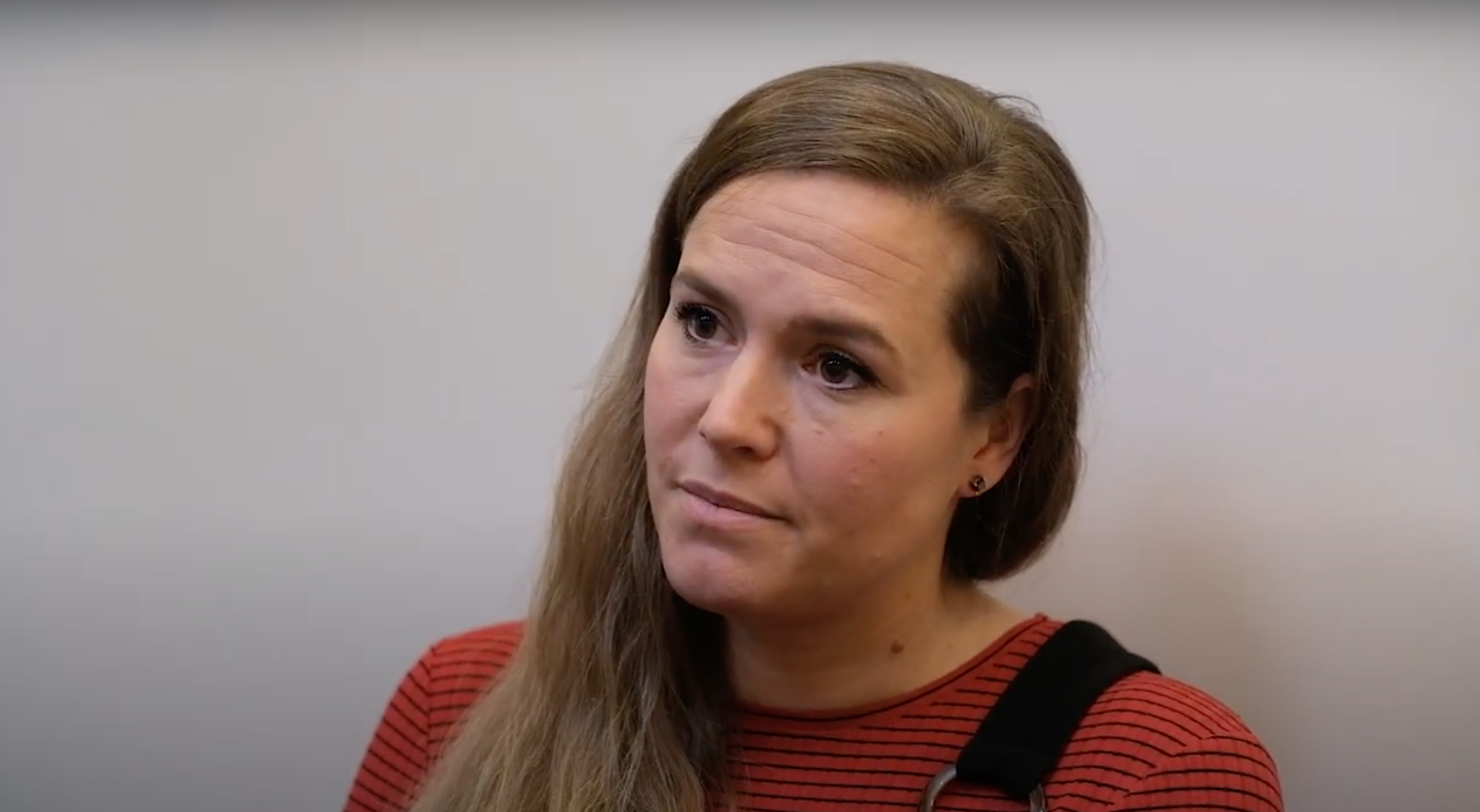Topic: Starting out
Connect with each other
Developing a lifelong relationship is one of the most rewarding aspects of special guardianship, but it may not happen overnight. Those early days and weeks can be tricky as you both adjust to a new chapter of your lives together. But there are practical steps you can take to start building that bond.
Zoe from our support team shares a quick tip on how to help you build your bond with the child you now care for
Take your time
Becoming a guardian can be an unplanned opportunity to have a more meaningful relationship with the child you care for. People often say it’s both inspiring and intimidating as they felt pressure to ‘get it right’.
That nagging feeling can be stressful. You may start to worry about every interaction you have with your child. If your early efforts aren’t ‘working’, or if you feel like things don’t happen as naturally as you’d hope, it can start to drag you down.
This is all perfectly normal. In the whirlwind of starting this new chapter of your life, it’s easy to forget about one of the most important things you have on your side – time. A special guardianship order is meant to give you both the security of time – to bond and grow together.
You and the child you now care for have both been through a lot. Building trust and understanding takes consistent effort over time. So it can help to think about your impact on the child you care for in months and years, rather than hours and days.
Watch Zoe share ways to help a child who may be unsettled and to build your comfort with one another
Understand trauma
From babies to teenagers, every child under guardianship has experienced trauma. It can affect them in many ways and not all of those will be obvious. Ignored or left alone, trauma can create bigger problems in the future.
Supporting a child through trauma can be uncomfortable. But the sooner you come to terms what it means, the sooner you can help your child to heal and build that connection between you.
The good news is there are lots of ways to quickly learn more about trauma. There are also practical things you can say and do that are proven to help care for children who have experienced trauma.
Learning more about parenting children with trauma can help you understand their feelings, behaviour and needs. You can overcome challenges, find new ways to interact and build a deep and rewarding relationship together.
Learn more about trauma
Zoe talks about how you can support a child with trauma and the positive impact you can have
Be willing to learn
Guardians and care professionals often describe guardianship as ‘parenting with extras’. You need to be patient, curious and willing to learn, especially at the start when there are so many unknowns.
The child you care for will look to you for consistency, support and love. They need to grow to feel secure in the knowledge that this is their forever home.
Zoe talks about how to let a child know they matter to you
Trying new things doesn't need to involve hours of study or being an expert. Small changes to how you behave and the words you say can make a huge difference. You can speak to our experienced team who will share proven techniques specific to your situation.
With that extra knowledge, you can start to feel more confident about parenting a child who has been through trauma. Being a consistent, calm presence will help them feel comfortable with you and start to share and engage more meaningfully.
Things you can do now
-
Learn about trauma
Trauma is a new concept for most people. This engaging and straightforward short video explains trauma, why it matters and how people can move forward from it.
-
Understand behaviour
It can be hard to understand why a child or young person acts a certain way. Our team can offer practical support and we have created guides to help you become more aware and confident in what you can do.
-
Be flexible and curious
Listen carefully to the child you care for and be willing to adapt. Our team can talk to you about how you might change your behaviour.
-
Read about therapeutic parenting
The A–Z of therapeutic parenting is a great book full of simple guidance that many guardians find valuable. It covers practical tips and strategies for dealing with over 60 common situations when caring for a child or young person.
-
Be playful
Create time for you to have fun together. Invite the child you care for to join in, make space for them and try to build it into your routine.
-
Eat together
Food is something we all have in common. Encourage the child you care for to help prepare a meal, work together and learn what they like and dislike.



